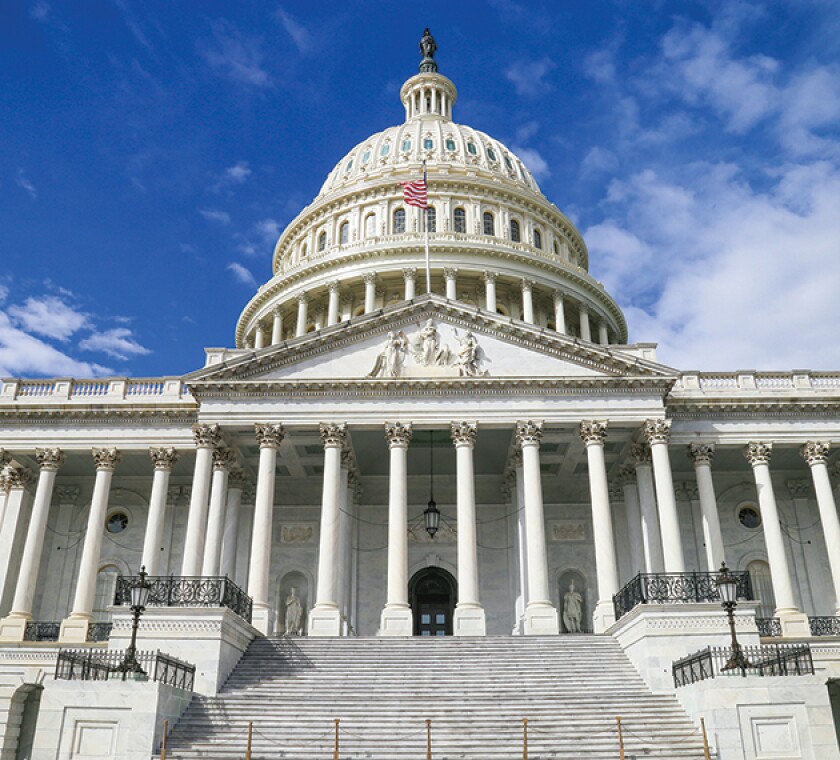The House Ways & Means Committee singled out the OECD proposals to reform international tax rules in a hearing last week on July 19, slamming the US Treasury negotiations in particular.
Michael Plowgian, deputy assistant secretary for international tax affairs at the Treasury, faced tough questions from the committee about the undertaxed payments rule (UTPR).
Ways & Means Committee Chairman Jason Smith asked: “Was Congress consulted prior to Treasury agreeing to a UTPR surtax that would allow foreign governments to tax the US operations of US companies?”
In response, Plowgian said the Treasury did receive input from Congress on the UTPR during the negotiations.
But Smith said he disagreed: “I have followed this issue very closely over the past three years, and I don’t think that’s the case. I know that Treasury has never consulted with Republican members prior to a decision.”
The UTPR is a key part of the global anti-base erosion rules to establish a global minimum corporate tax system under the two-pillar solution. Even though the US has minimum corporate tax rates in place, the country has not enacted pillar two so far.
Tax surrender
The hearing did not get any easier for Plowgian as Pennsylvania Representative Mike Kelly, who chairs the Ways & Means Sub-committee on Tax, criticised the agreement for its cost to the US.
“It’s $120 billion in US tax revenues to foreign countries. This makes absolutely no sense,” said Kelly.
The Republican congressman went on to claim that the OECD tax work is effectively controlled by Europe.
“Europe controls one third of the seats on the Steering Committee, and the broader Inclusive Framework includes over 30 tiny former European colonies,” said Kelly.
“The bottom line is the deck is stacked against America at the OECD,” he argued. “That is why it has never made sense for Treasury to negotiate behind closed doors with a group of 140 nations on a ‘one-country, one-vote’ basis.”
Plowgian stressed that pillar two is about levelling the playing field for US companies, but this did not convince Republicans on the committee.
Georgia Representative Drew Ferguson said: “We are not about levelling the playing field with the rest of the world. We’re about being number one day in and day out.
“We’re either going to be number one in the world or we’re not,” he added.
Many tax experts are increasingly concerned that US politics could derail the OECD’s efforts to secure a multilateral agreement on tax reform. If the two-pillar solution fails, US companies may have to live with the threat of unilateral taxes in Europe and elsewhere.
The hearing came at a critical time for the OECD’s work on pillar one, the other part of the solution. The Paris-based organisation hopes to settle the technical aspects of new taxing rights and profit allocation rules to finalise an agreement by the end of the year.











